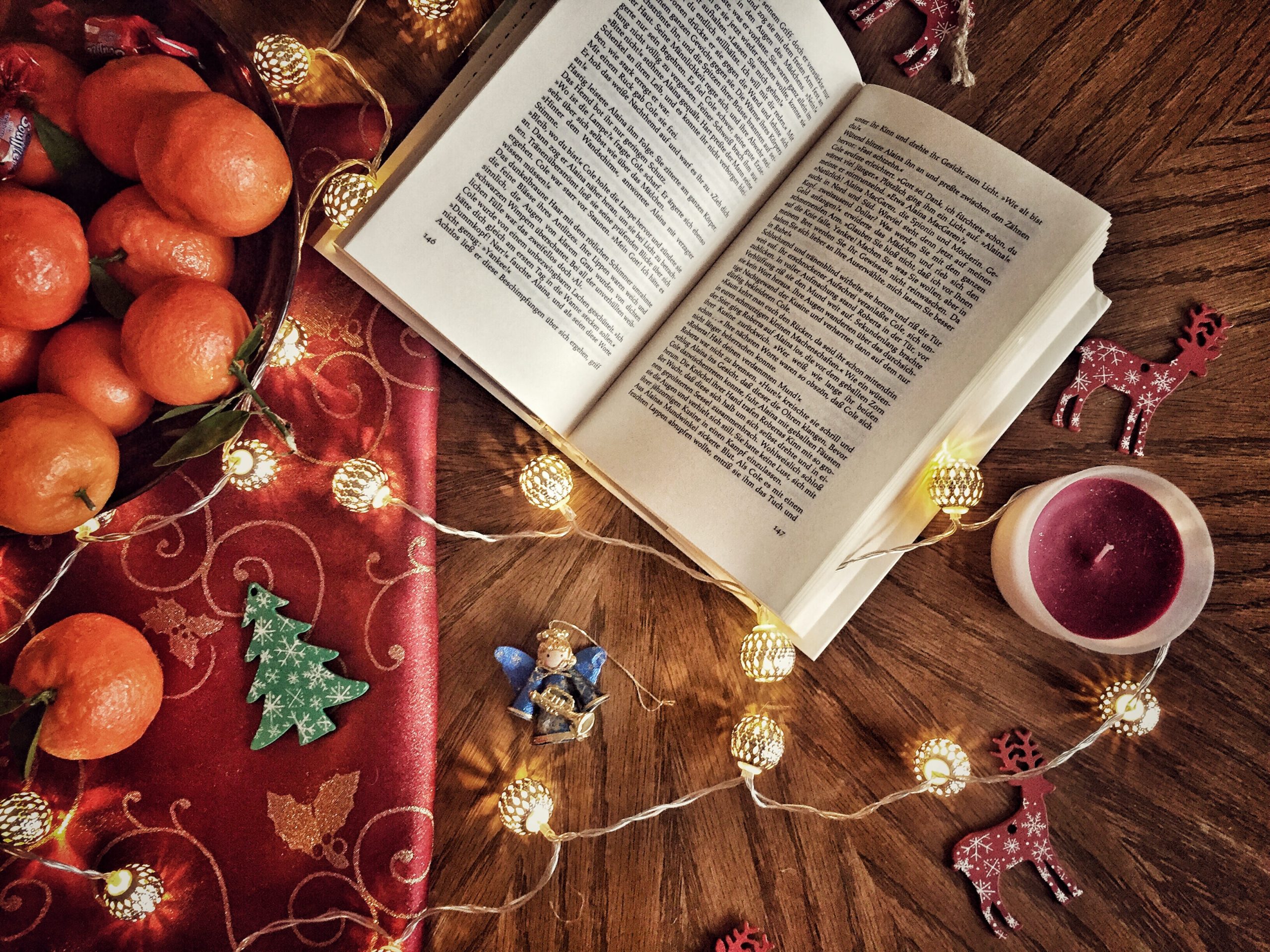In this version of twenty questions, I send a list of questions to a willing victim author and they choose their own interview by choosing which questions, and how many questions, they want to answer! Bernard Cornwell is the author of 50 books of historical fiction. His latest novel, 1356, is the fourth book in the Grail Quest series about the search for The Holy Grail. Here is what Bernard had to say about reading, writing, and the published novel he wishes he’d scrapped!
Would you give us a bit of introduction and let my readers know who you are, how you got started writing, and what kind of books you like to write?
I’m a Brit turned American and a writer of historical fiction. So far I’ve written fifty books and am happy that they’re best-sellers in Britain, Brazil, Germany, Scandinavia and a dozen other countries, but oddly never in my adopted homeland!
I began writing by accident. Some thirty something years ago I had a proper job, I was a television producer with the BBC in London, and I met an American blonde. She couldn’t move to Britain for family reasons, I had no ties, but the US government turned down my request for a Green Card so I airily told her I’d earn a living by writing a book. That was crazy, of course, but it worked. We’re still married, I’m now a citizen and still writing. We split our time between Cape Cod in the summer and Charleston SC in the winters. It’s been a lucky life!
That first book started a series about a British rifleman fighting Napoleon, and those stories were eventually turned into a TV series starring Sean Bean, but I’ve written many books other than the Sharpe series, ranging in time from Bronze-Age Stonehenge to the American Civil War. Right now I’m busy with a series about Saxon Britain which tells the story of how England was created.
I am often struck by the different ways writers respond to the process of writing a book. Linus’s Blanket refers to my use of reading and other activities as a means of escape and comfort, can you share with us any routines, food or recipes, or favorite books or rituals that help you thorough the writing process?
Gerald Brenan (the author of The Spanish Labyrinth)once said‘It is by sitting down to write every morning that one becomes a writer. Those who do not do this remain amateurs.’ I’m a believer in that. I don’t have any rituals, don’t have talismans, don’t succumb to any superstitions, so no Linus’s blanket (sorry). I’m a writer. I sit down and write! Raymond Chandler (who knew a thing or two) said you sit down and write for four hours a day, no excuses no exceptions. Now, strangely, I have lots of Linus’s blankets in the summer when I spend my time on stage at a summer-stock theatre, and have various rituals which precede every performance, but none when it comes to writing. On the other hand I’m not really a professional actor, so perhaps I need the rituals?
What are you reading now? What are some of your favorite books and authors? Has writing your own book changed the way that you read?
I’m reading The Swerve, by Stephen Greenblatt, which is a fascinating book about the rediscovery of Lucretius’s poem De Rerum Natura and the effect that had on Renaissance thinking. The book’s subtitle is How the World Became Modern, which is a BIG subject, but Greenblatt is so clever, and so insightful that he more than satisfies. I adored his Will in the World, about Shakespeare, and rank that, with James Shapiro’s 1599, as the two best introductions to Shakespeare that are available. The sad thing about writing historical novels, or at least for writing them for over thirty years, is that it quite kills the taste for reading them! I make exceptions for CJ Sansom, who is wonderful, and Hilary Mantel, who is a goddess.
Are you able to read when you’re writing and if so what books inspire you when you’re working your own book(s)?
I love to read! I read when I’m writing, when I’m acting, and when I’m doing neither. I can’t say I look for inspiration in anything I read (though it’s wonderful if you find it). I used to say that a writer’s best inspiration was the mortgage, but that no longer applies. I read for pleasure. Mostly history, because that’s an obsession, but also novels. I recently finished Billy Lynn’s Long Halftime Walk, by Ben Fountain, and while that may not be the great American novel it’s certainly a great American novel. I also love police procedurals, and gorge on them; like John Sandford’s terrific Prey series or the Scottish noir novels of Stuart MacBride.
What was the most interesting thing that you found out while researching this book that you ultimately decided not to include?
I have no idea! Research is a lifetime occupation, and my suspicion is that we throw away about 95% of it, and we certainly should throw it away! There are few things more horrible than reading an historical novel and realising that the author is LECTURING us by including research which fascinated them, but has nothing to do with the story. I remember reading a book in which, on page one, a character walked past the Coliseum in Rome and thinks ‘oh, that was built in. . . .’ and you think, shut up! She wouldn’t think that! The most interesting thing I discovered and which I did include was the existence of calades, birds that were thought to foretell the future.
In the past I have visited a blog called Daily Routines and it’s all about the schedules of writers and creative people. What does a typical day look like for you and how do you manage a busy schedule?
I start work early, usually by 6 am. By 7 am it’s time to take the dog (Whiskey) for his morning walk which in Cape Cod is on the beach and in Charleston is beside the Cooper River. Then work till midday. Make my own lunch. Walk Whiskey again. Take an hour off to learn lines (currently learning Ben Loman for Death of a Salesman, but have three other plays to go), back to work till about 5.30. Say hello to Judy. Walk Whiskey. And you think that’s busy?
If you could have everyone read five books, which ones would they be?
Sam Harris’s Letter to a Christian Nation, A World on Fire by Amanda Foreman, the Collected Works of W.B. Yeats, Wolf Solent by John Cowper Powys and anything at all by P.G. Wodehouse.
Did you know what you wanted the title of the book to be? How involved were in choosing the name of the book?
I had no idea. I usually do, but this one didn’t throw up anything obvious and it was a helpful person in HarperCollins marketing division in London who suggested 1356, which has the advantage of relevance. Titles can be a real problem. The book before 1356 is called Death of Kings, a title I hate. I wanted to call itCrown of Thorns, which was apt (it’s about the death of King Alfred who was a dutiful, clever and pious monarch), but my American publishers baulked at that, thinking it would upset evangelical Christians. I don’t see that, but they were adamant, so we changed. We could have called the book two different things, one either side of the Atlantic, but that happened with an earlier story about the hero of 1356. That book was called Harlequinin Britain, but the Americans, fearing that lonely ladies might be misled, changed the title to The Archer’s Tale. Then folk on vacation see a book of mine they haven’t read, buy it, and find they have read it, then they complain to me about it, so never again will I publish a book with a different title on one or other sides of the Atlantic!
Do you ever look back at your early work? How do you feel your writing style or approach to writing has evolved since you first began?
I NEVER look back. What a ghastly thought. Sometimes, if I’m writing a series, I have to glance back, but it isn’t something I enjoy doing.
What were your experiences with reading when you were growing up? Was there a pivotal moment in discovering literature when you knew that you wanted to be a writer?
I had a strange and unhappy childhood, adopted into a family of fanatical Christian fundamentalists who belonged to a sect called The Peculiar People (I’m not making that up!). They disapproved of ‘frivolous’ reading, indeed I was beaten once when I was discovered deep into Treasure Island, but my escape was, of course, into frivolous reading. They encouraged reading the Bible, and that was good because the King James version offers a solid grounding in classical English prose. Sometime in my teens I discovered the Hornblower novels of C.S. Forester and they had a huge effect on me, and my Sharpe series is really only a rip-off, set on land instead of at sea. Sometime in my teens I evinced the desire to be a writer, perhaps because I enjoyed reading so much, but it lay dormant for many years through a career in television (another thing the Peculiar People disapproved of. They disapproved of most things). Then came the American blonde . . . .
How many works in progress do you have going at any one time? How do you know when one has potential and when one just needs to be scrapped?
One at a time! Though I do start thinking about the next towards the end of the current book. For me writing a book is much like climbing a mountain. You get a third of the way up, look back and see a better route, so you start again on that better route which, with luck, propels you halfway up, when you look back again, see a better route, and so on. I can never plan a book. I’m halfway through one of my Saxon stories right now and don’t have a clue what will happen in the next chapter, but I’ll find out by writing it. The hard work is that first draft. Get that right and the rewriting is pure pleasure, and it’s during that final rewriting process that I’ll begin to think hard about the next book. Have I ever scrapped a book? Twice in thirty-two years. It’s a horrible thing to have to do and a failure of the imagination. There’s at least one published novel that I should have scrapped, but I won’t say which!



